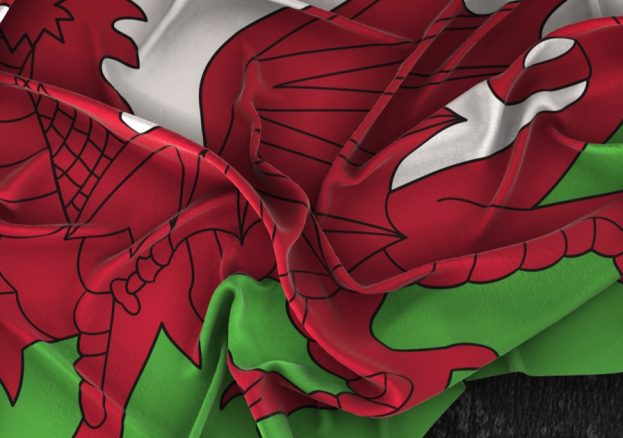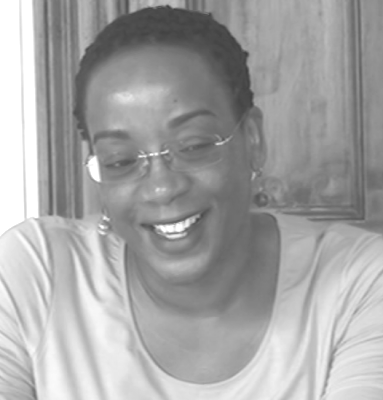
 As a platform and site of cultural-political resistance and intervention, Black history re-tells, re- interprets, re-present the lives and experiences people of African descent that has been systemically erased or marginalised in dominant narratives of people and place. Black history month is also an occasion to praise and commemorate the achievement and the fact of our survival and to affirm and share with others, our place and a sense of belonging in Wales, the UK and beyond.
As a platform and site of cultural-political resistance and intervention, Black history re-tells, re- interprets, re-present the lives and experiences people of African descent that has been systemically erased or marginalised in dominant narratives of people and place. Black history month is also an occasion to praise and commemorate the achievement and the fact of our survival and to affirm and share with others, our place and a sense of belonging in Wales, the UK and beyond.
This year marks the 10th official nation-wide celebration of a Black History Month in Wales with the stated aim being to host yearly themed events that engage and empower all our citizens to recognise and commemorate the many contributions that people of the African Diaspora have made in the history of Wales’ economic and cultural development and to their continued role, significance and place in modern Welsh society. It is, as our First Minister of Wales, Carwyn Jones AM, stated last year in his first ever endorsement of BHM Wales, an opportunity to celebrate the contributions of people of African descent as part of our shared history and heritage here in Wales.
For me to speak about history in the context of Black History month in Wales is to note that I live a place that back in 1282 became the first colony of the English empire. Linked to this is the Welsh word Hiraeth (pronounced here-eyeth). It has no exact cognate in English. Hiraeth is a word that the conveys a range of sentiments and yearnings that can be understood in part as emerging from protestation against subjected status, and a connection with others (rooted perhaps in the more often used Welsh name for the country, Cymru – home of the Cymry, or fellow countrymen). The sentiments the word convey include a yearning of spirit and imagination, a pull of the home and homesickness, a sense of loss and nostalgia of a time before colonial subjugation, a needing to (re) connect to ancestral land, and an inexplicable feeling of strength and agency found in belonging to place and people.
Hiraeth is a Welsh word born out of a Welsh experience. However, there are links to be made between these very Welsh sentiments of the past and the present, of loss and reconnection, of protest and agency, and of belonging and place, and those that drove the founding fathers and mothers of the Black History Month movement in the UK. It’s a deep, at times indescribable (and for many ancestral) connection to, and yearning for both Africa and the Caribbean, as well as to the more immediate embedded (although at times no less tricky and complicated) bond and sense of belonging to the UK towns and cities in which we were born or have long lived. It’s a need on a personal level for these connections and networks to be mined deeply as well as the equally pressing need to address the manifold ways people of African descent have continued to sustain themselves against the ongoing impact of everyday structural inequalities first put in place with the rise of colonialism and slavery. It’s a sentiment, drive and longing that is our saving grace.
Dr Roiyah Saltus is Sociologist and my research incorporates critical race theory, feminism, community development theory, and critical perspectives in health, social policy and practice. My abiding research interest is rooted in intersectionality, in particular, the interplay and impact of, gender, age and social class as experienced by racialised and minority ethnic population groups.
